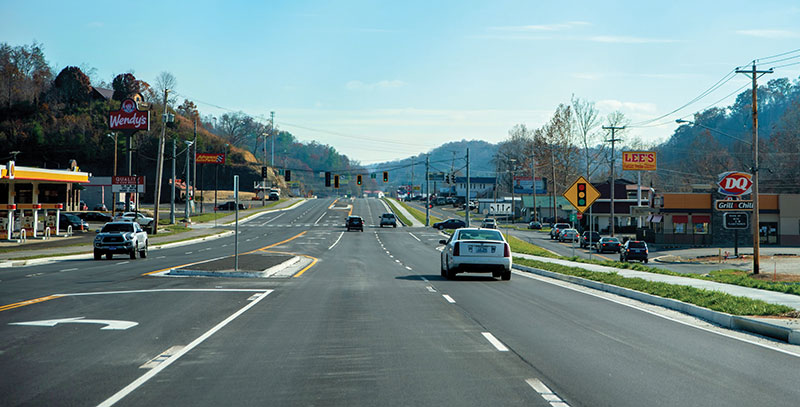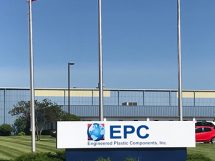
Grumbling about a jarring encounter with a big pothole is something most Kentucky drivers have in common. The experience is a reminder of the importance of having well-maintained roads on our daily commute.
But it also reflects a reality with broad implications for our state’s economic prospects: Kentucky needs to significantly increase its investments in funding transportation infrastructure.

This is a bottom-line jobs and economy issue, and Kentucky is coming up short. While almost all of our surrounding states have increased their transportation investments, Kentucky has lost ground.
Our prime location – within a day’s drive of two-thirds of the nation’s population – makes Kentucky a key site for industries that need to transport products across the country. More than a quarter of the state’s economy is made up of industries highly dependent on transportation, according to economists at the University of Kentucky.
More than $570 billion worth of freight flows through Kentucky’s transportation network each year, and more than 300,000 Kentuckians are employed by companies in the manufacturing and logistics industries alone.
Kentucky has lost more than $920 million in gas tax revenue since 2015 because of decreases in average wholesale prices. Meanwhile, our state, county and city governments have determined that additional funding of more than $900 million is needed each year to meet critical needs in roads, bridges and other transportation projects.
In addition, $619 million in one-time funding is needed for identified mega projects (like major bridges), and $35 million a year is needed to address the needs of the modes of transportation (such as rail, airports, riverports and rail).
Bringing it back to the personal pothole level, studies estimate that driving on bad roads costs motorists an average of $434 a year.
Transportation infrastructure involves more than highways. Kentucky needs a long-term funding approach that provides adequate revenue for all modes of transportation to maintain what we have and build what we need to compete:
• Sustainable increased funding for state and local roads and bridges.
• More funding to increase safety at rail crossings on public roads.
• Strategic investments in riverports, the gateways to $29 billion in cargo shipping on Kentucky rivers.
• Continued investments to maintain and improve our 59 commercial and regional airports.
• Smart investments in transit, the only choice for many workers to remain in the workforce and to connect Kentuckians to health care and higher education.
The Kentucky Infrastructure Coalition and its more than three dozen members (representing more than 40,000 transportation workers) support specific solutions to address our transportation infrastructure needs:
• Increasing existing sources of transportation funding to generate revenue for maintenance and construction on roads and bridges.
• Creating a multi-modal transportation fund that provides general fund revenues to maintain and improve transit, rail, riverports and airports.
• Modernizing the method for distributing transportation revenues to local governments.
• Studying new methods of generating transportation revenues to deal with decreasing fuel consumption, increasing interstate freight and changes in technology.
Kentucky is at a crossroads in funding transportation infrastructure for the 21st century. We hope you’ll join us in working to help our state make the right decisions to protect and create jobs, generate economic growth and ensure future prosperity. The road to Kentucky’s future must be paved. ■
Ashli Watts is president and CEO of the Kentucky Chamber of Commerce.




















Add Comment